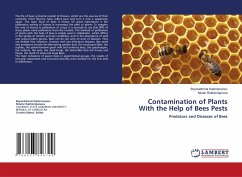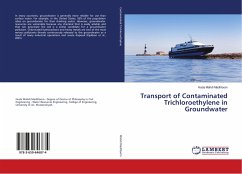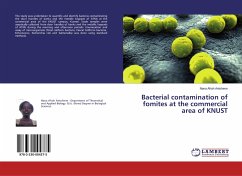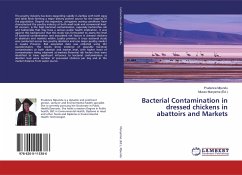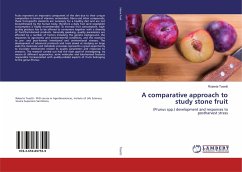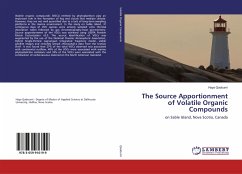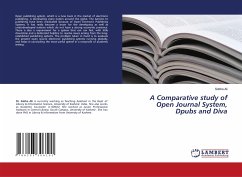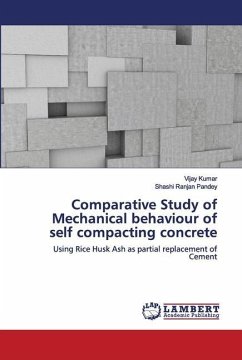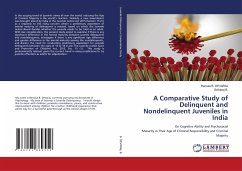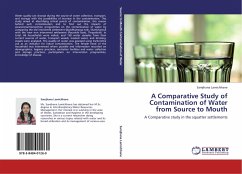
A Comparative Study of Contamination of Water from Source to Mouth
A Comparative study in the squatter settlements
Versandkostenfrei!
Versandfertig in 6-10 Tagen
39,99 €
inkl. MwSt.

PAYBACK Punkte
20 °P sammeln!
Water quality can change during the course of water collection, transport, and storage with the possibilities of increase in the contamination. This study aimed at identifying critical points of contamination, the reason behind such contamination and to find out the impacts of awareness/intervention programmes on the contamination of water by comparing the old intervened settlement (Buddhamarga tole, Shankhamul) with the new non intervened settlement (Paurakhi basti, Thapathali). In total, 66 households were visited, and 158 water samples from their current sources of water, transport vessels,...
Water quality can change during the course of water collection, transport, and storage with the possibilities of increase in the contamination. This study aimed at identifying critical points of contamination, the reason behind such contamination and to find out the impacts of awareness/intervention programmes on the contamination of water by comparing the old intervened settlement (Buddhamarga tole, Shankhamul) with the new non intervened settlement (Paurakhi basti, Thapathali). In total, 66 households were visited, and 158 water samples from their current sources of water, transport vessels, treated water, and drinking vessels were analyzed. The quality of water was assessed using Escherichia coli as an indicator for faecal contamination. The female head of the household was interviewed where possible and information recorded on demographics, hygiene practices, sanitation facilities and water collection and storage practices, participation on intervention programmes, knowledge of disease.



